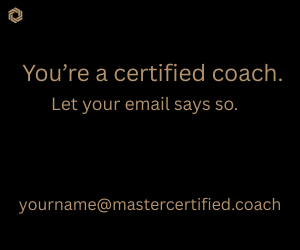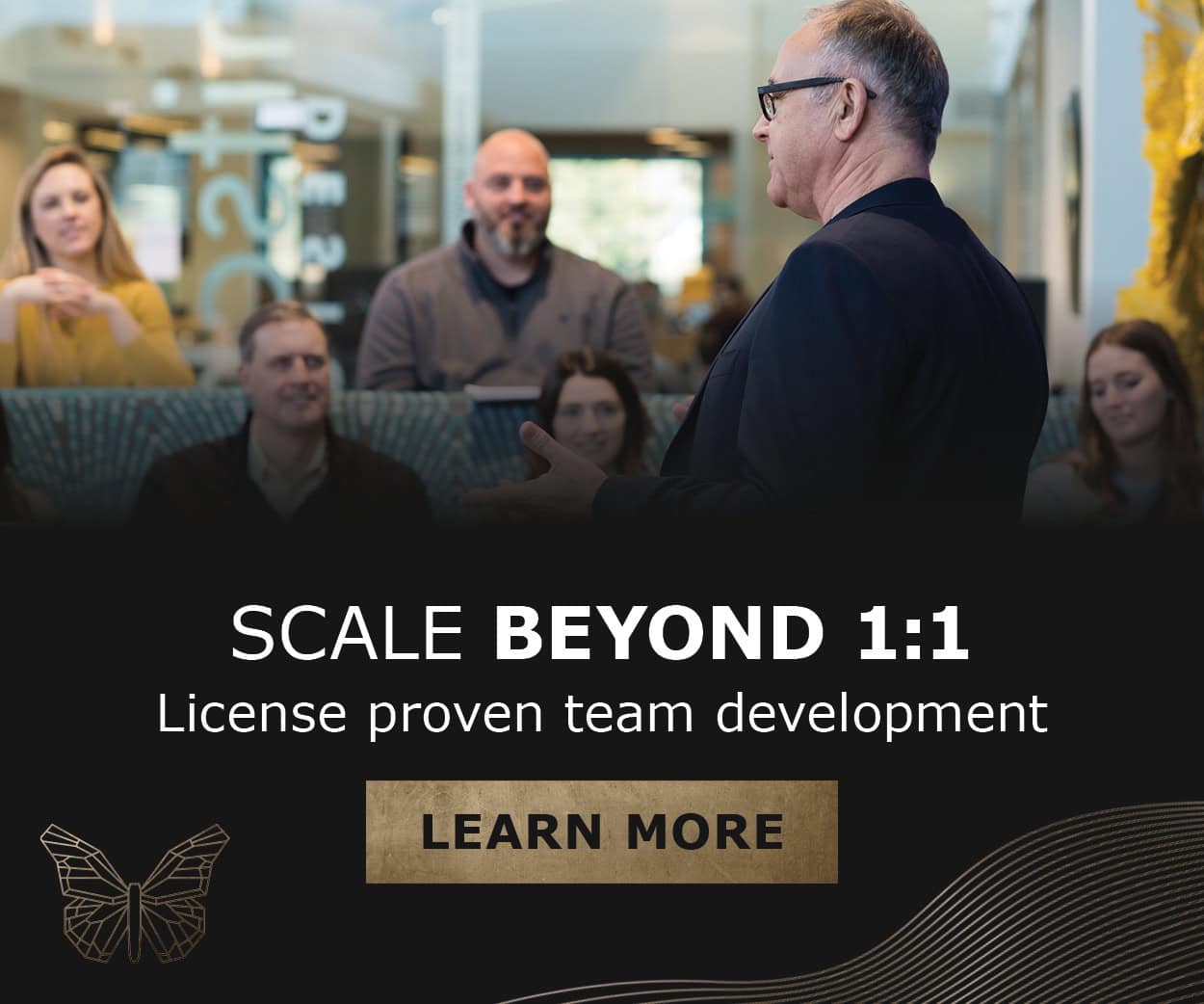People make decisions every day from the trivial to the critical, such as changing careers, launching a business or making a large purchase. But how good are our decisions? According to research by Dan Ariely, discussed in Predictably Irrational, we are predisposed to making irrational choices. The reason is that, at some point, instead of following sound logic, we embrace our instincts and impulses. We often fail to consider all facts, and we are influenced by our biases.
In a Harvard Business Review article, John Beshears and Francesca Gino outline several steps that executives can take to encourage wise choices in their organizations. Some of their principles can be applied in coaching when working with clients who face a strategic decision. It is essential for coaches to understand how they can best facilitate the decision-making process. The following four-step approach is a useful framework for personal and business decision-making.
Change the Scene
Removing people from their immediate physical environment can create a sense of much needed detachment from their circumstances. If a client is facing a business decision, for example, consider performing the coaching session out of their corporate office. Meeting at a new place that makes people focused and relaxed can trigger the feeling of a new perspective from the onset. Emphasizing that the coaching process is a safe place to experiment with new ideas can help people achieve a new mindset and inspire them to be more creative.
Create Awareness of How Decisions are Made
In his book Thinking Fast and Slow, Daniel Kahneman explains that there are two systems in our brain that affect judgment and choice. System 1 is fast, emotional and instinctive. It is our gut feeling when facing a choice. System 2 is slow, logical and deliberate. It is our ability to consider and evaluate information to reach a conclusion.
At times, our intuition and emotions may ignore important facts, and this is when System 2 needs to be activated. With the understanding of these principles, people start distinguishing between their intuitive and deliberate responses to a situation. The role of a successful coach is to support the use of System 2 in the decision-making process by initiating analysis and structured deliberation.
Initiate Productive Analysis
A define-analyze-decide approach can be used to start the analytical process.
In the “define” stage, describe the problem that the decision will solve, include metrics and specify the desired goals and impact. List the stakeholders who will be involved and affected by the decision.
In the “analyze” stage, gather and examine information to reach the root cause of the problem and to consider interrelated factors. Cause-and-effect diagrams and visual maps can be useful tools for this phase.
The “decide” stage is about generating alternatives and listing the best options. Brainstorming and affinity diagrams can help jumpstart this stage.
The effect of each option should be measured and evaluated.
Active listening, asking thought-provoking questions, and noticing clues like body language and vocal tonality are all tools that a coach can use to locate the core of the problem. Summarizing and paraphrasing the information that clients provide can be very effective and can help their analysis. Noticing biases will help avoid blind spots before making a decision.
Overcome Psychological Biases
Psychological bias is the tendency to make irrational decisions without being aware of it. Biases are difficult to recognize and affect human behavior. When facing a decision, for example, people may pay more attention to information that supports their preconception and ignore the facts that go against it. Business Insider lists the top 20 biases that may affect decision-making.
The support a coach can provide during this stage is crucial because it usually takes external help to recognize biases and to introduce objectivity into the decision.
Make a Choice
After doing the analytical work and overcoming biases, the most rational solution will become evident—or at least a few viable options will emerge. A SWOT analysis can be helpful to evaluate each of the options by listing their strengths, weaknesses, threats and the opportunities they create.
Using a structured approach to decision-making will empower people to proceed with confidence and to make a rational choice. It is important, however, to stay flexible and to be able to re-evaluate the decision if needed. For example, new information may become available or the decision is not creating the desired results. Checking in with clients periodically after a decision is made can help them stay on track.
When it comes to decision-making, the successful coach’s goals are to facilitate productive discussion, ask the right questions, and help point out and overcome biases. The coaching process can present a big picture and a new perspective on the issue at hand. People and organizations can greatly benefit from working with a coach when facing a strategic decision.
Disclaimer
The views and opinions expressed in guest posts featured on this blog are those of the author and do not necessarily reflect the opinions and views of the International Coach Federation (ICF). The publication of a guest post on the ICF Blog does not equate to an ICF endorsement or guarantee of the products or services provided by the author.
Additionally, for the purpose of full disclosure and as a disclaimer of liability, this content was possibly generated using the assistance of an AI program. Its contents, either in whole or in part, have been reviewed and revised by a human. Nevertheless, the reader/user is responsible for verifying the information presented and should not rely upon this article or post as providing any specific professional advice or counsel. Its contents are provided “as is,” and ICF makes no representations or warranties as to its accuracy or completeness and to the fullest extent permitted by applicable law specifically disclaims any and all liability for any damages or injuries resulting from use of or reliance thereupon.
Authors
Post Type
Blog
Audience Type
Coach Educators, Experienced Coaches, External Coaches, ICF Chapter Leaders, Internal Coaches, New Coaches, Professional Coaches, Team and Group Coaches
Topic
Coaching Toolbox, Discover - Your Coaching Career
Related Posts
The Coaching Trap: When Empathy Becomes Exhaustion
Prepare yourself for the fact that this will not be about you…
Your Guide to Preparing for the ACC Exam
Much like a smartphone upgrade that introduces improvements for a smoother user…
How Coaching Is Driving Inclusion Around the Globe: Lessons from Local ICF Chapters
When a group of mothers in Kazakhstan, many of whom had never…








